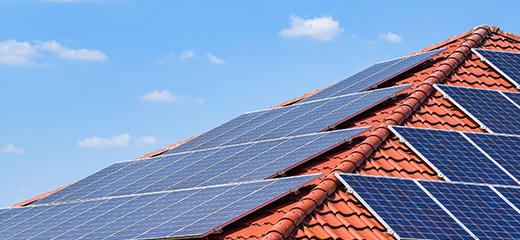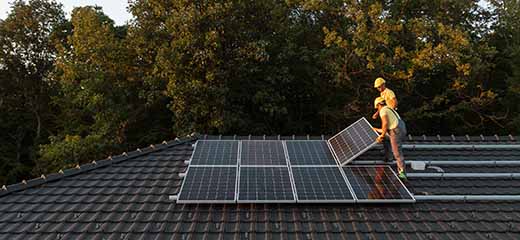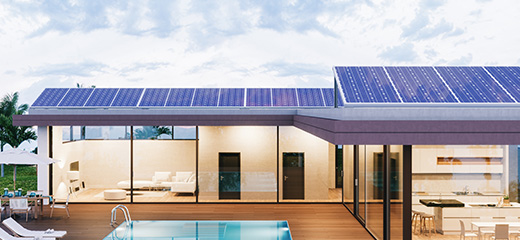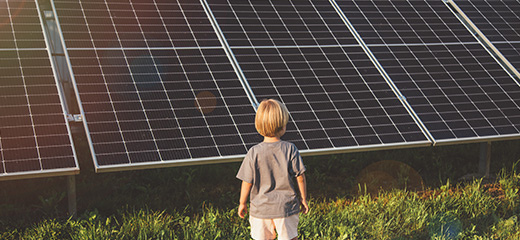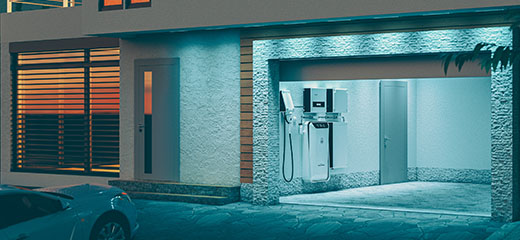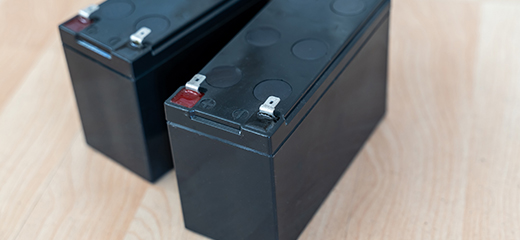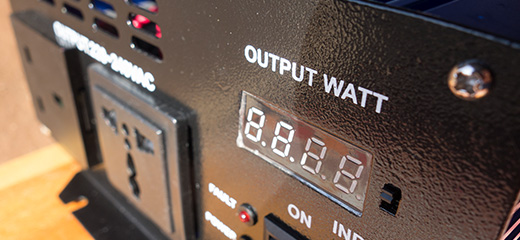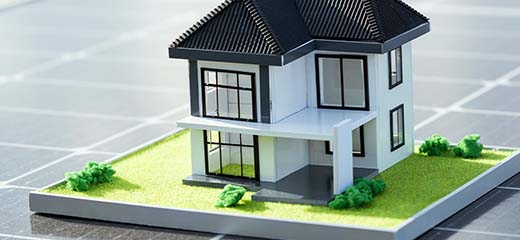
Home solar rebate: What you need to know
If you’ve had enough of loadshedding and power failures, then the recent announcement of a tax rebate for home solar installations may just be the news you need to start securing your home’s power supply.
If you listened to Finance Minister’s Enoch Godongwana Budget Speech, you would have heard some of the detail surrounding the home solar tax incentive. If you’re looking for more information on the details, we have the answers to your questions.
How long is the solar rebate valid?
This is probably the most important question for those who are interested in benefiting from the tax incentive as individuals only have a short time to act.
National Treasury has announced that this rebate will only be available for 1 year to encourage individuals to invest in solar for as soon as possible.
It’s important to note that getting your solar order in just before the deadline will not be enough to qualify. In fact, National Treasury has stressed that only qualifying solar panels that are “brought into use for the first time” between 1 March 2023 and 29 February 2024 will apply.
Given the shortage of solar system components currently available in South Africa – and the rush that is likely to follow the solar incentive announcements – individuals will need to act quickly to ensure that their system is installed before the incentives expire.
What is covered?
The rebate will allow individuals to claim a rebate of 25% of the cost of solar panels, up to a maximum of R15 000.
Only new and unused solar panels qualify and each panel must have a minimum design output capacity of 275 watts.
These solar panels must be installed at a residence (National Treasury has announced a different set of incentives for businesses) and must be part of a system that is connected to the main electrical board of the home.
What isn’t covered?
Unfortunately, everything else. This includes batteries, inverters, fittings, diesel generators and even installation costs. Portable solar panels also do not qualify.
National Treasury explains that its focus is to “maximise the use of limited government funds to get as much additional generation capacity as possible – and recognises that government will have to focus on a partial rebate of the components that are most directly linked to generation”.
What do you need to claim a solar rebate?
This is another area worth paying attention to. The first requirement is predictable: a VAT invoice that shows the cost of the solar panels separate from other items, as well as proof of payment.
The second is less expected: a Certificate of Compliance evidencing that the solar panels were brought into use for the first time within the designated period. This will also, no doubt, demonstrate that the system is connected to the main electrical board of the home.
Who can claim?
All individuals who pay personal income tax can claim the rebate against their tax liability.
Pay-as-you-earn (PAYE) taxpayers will have to wait for the 2023/24 tax filing season to claim their rebate, while provisional taxpayers can claim against their provisional and final payments.
What about renters and sectional titles?
National Treasury notes there is no ownership requirement which means that installations by landlords or renters are eligible for the rebate. However, only the person who pays for the solar panels can claim the rebate.
As for sectional titles, owners and renters who are allowed to install their own solar systems will be able to claim the rebate. At this time, body corporates are not eligible for this incentive. However, National Treasury says that the government will be consulting on this aspect and if there is widespread interest from body corporates, it will look to determine the required approach and documentation.
What if you sell?
If you’re thinking a move might be on your horizon, the idea that you might have to pay back your rebate could make you think twice. The good news is that selling or moving home won’t mean that the South African Revenue Service will be knocking on your door. This is because the solar panels will remain in place and the new occupant will, most likely, continue to make use of the system.
On the other hand, if you choose to sell the solar panels themselves within one year of being brought into use, there will be a clawback of the rebate. This is put in place to counter potential abuse says National Treasury.
LookSee offers a full solar journey coupled with a Savings Guarantee based on your minimum saving expectations over 6 months and a once-off R2 000 cashback if savings are not met.
